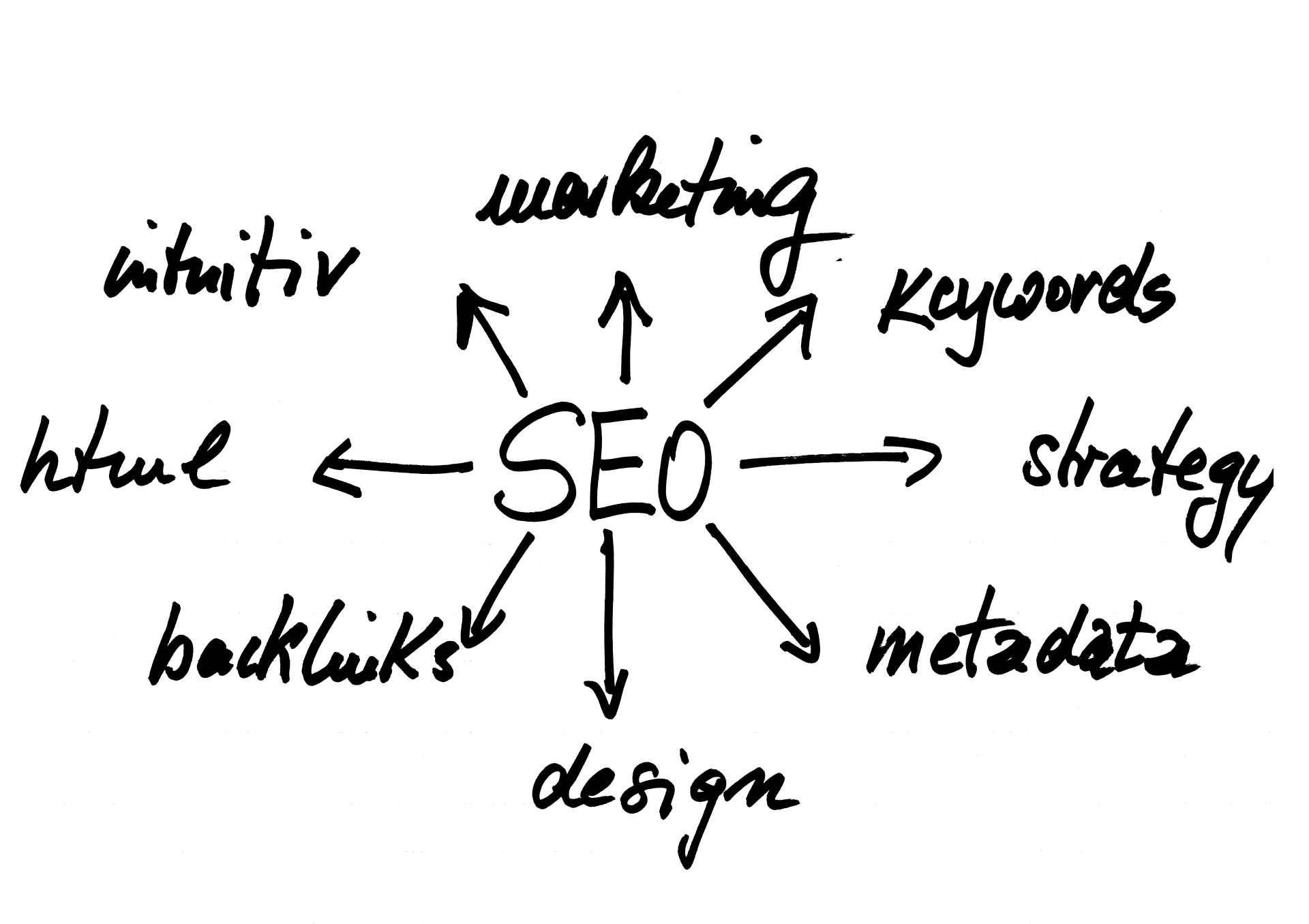
What is the first thing that comes to your mind when someone says the word “SEO” in front of you? It’s keywords! And it should be. Keywords are one of the most important elements of any SEO strategy. They help with on-page SEO to PPC and everything in between. You can think of keywords as the foundation upon which you build your SEO strategy. Your target audience is going to find you through those keywords, and they are the ones that will drive a ton of organic, free traffic to your website. Here, you can find the details about 3 signs you’re targeting the wrong keywords for SEO.
Covered Topics
Oops! The Keywords Did It Again!
The thing with keywords is that they are a shifty bunch of words. Doing keyword research sounds easy, but if you don’t put in the time and effort required, you might get stuck with something worse than you imagined. Proper research entails identifying your target audience, what they want, and what words they are using in search engines. Even if you do everything right, there’s still a chance that you could get it wrong. This is why keyword optimization is an on-going process. Business owners and marketers need to constantly monitor and reevaluate their keywords and adjust their strategies accordingly. The reason being that when you first start, you might not have a good understanding of the connection between SEO, SERPS, and keywords. Maybe you lack the data to make a well-informed decision. Or you were unaware of tools like SEMRush keyword explorer to do thorough research.
Many businesses dispense with data entirely and work on their assumptions. They think that because they know their niche, they also know their customers. As a result, keyword research often goes wrong. Sometimes it goes wrong without you knowing the reason.
But worry not. Here are 3 signs that will help you tell you that you’re using to targeting the wrong keywords for SEO.
1. High Bounce Rate
Now, let’s face it. Getting the wrong keywords is not the only thing why you might be seeing a high bounce rate or why customers are not spending a lot of time on your website. But it is one of the most likely culprits. Think about it. You selected a keyword to direct a customer to your landing page or your blog. When they reach the page, they find out that it wasn’t what they were looking for and leave. This means that you haven’t done your research properly.
Even the smallest variations in your keywords or phrases can create significant changes in search results. Ideally, it would help if you optimized your keywords or adjust the page’s content to reflect the keywords. This way, website visitors would get the information they’re looking for. As a result, you can easily lower the bounce rate and increase the time spent on-page. This will also help you sell more products, as you will be reaching the right customers.
2. Little To No Organic Visibility
We all know how important content is for any SEO strategy. Content is King, and don’t let anybody tell you otherwise. Content marketing has gone through giant leaps and bounds to come to where it is now. It drives phenomenal results and brings in customers like you wouldn’t have ever imagined.
However, many businesses don’t create content according to a carefully planned keyword strategy. People know that it is easier to start creating content and publishing it regularly but fail to realize that it needs to be customer-focused. And in this case, customer-focus implies using keywords that align with your overall marketing strategy. For example, suppose you have a SaaS product, and you are aiming for visibility on it. In that case, you will choose keywords like ‘what is’ or ‘How to’ variants. If you use these keywords to direct people to your product pages, it might not generate adequate results. People who start their queries with these words are mostly looking for information and not a specific product. Choosing the right keywords for the right content will ensure that your content matches the search intent.
3. High Impressions / Low Click-Through Rate
You placed an ad on Google, and you see a ton of impressions on it. The content you wrote is absolutely amazing, but you fail to detect an increase in traffic to your website. This is a clear sign that you have selected the wrong keywords for your strategy. If you are working with PPC, you have the luxury of viewing the analytical data. You can see it and make real-time adjustments. But if you are working with SEO and content, that is not the case. You don’t get enough data right away. And by the time you get the data, it could be too late. Always be on the lookout for high ranking keywords that have high impressions and low click-through rates. As we mentioned earlier, don’t just do your keyword research once and be done with it. Keep on optimizing your keywords so that you are up to date with the latest search trends within your niche. This will save you a lot of trouble and keep you ahead of the curve.
Keywords: The Backbone of Your SEO Strategy
Finding out the right keywords is vital for your SEO strategy. Unless you have your keywords right, your entire digital marketing strategy can fall apart. But even if you have selected the wrong keywords, there is still hope for you yet. Look at the above warning signs and find out whether you need to conduct your keyword research again or not. You’ll thank us later.
